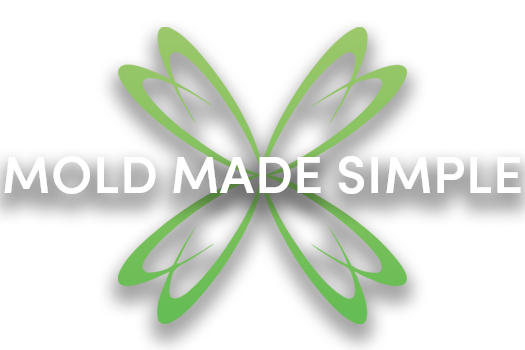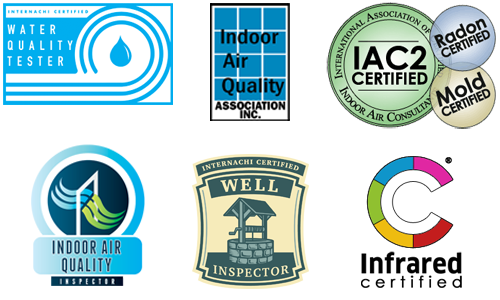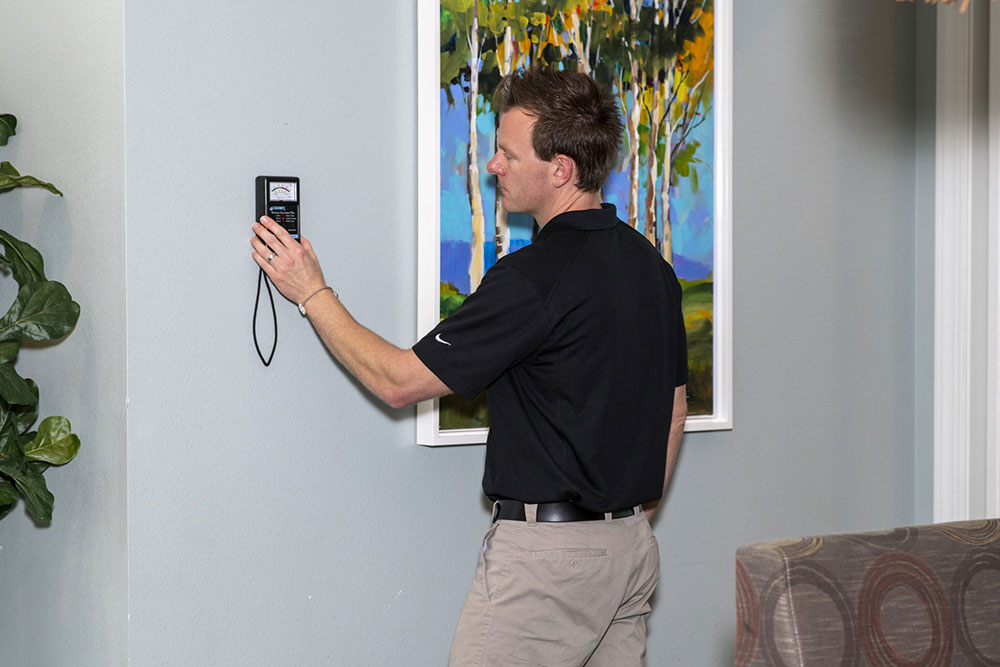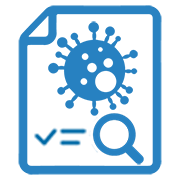Pine Hills Mold Inspection and Mold Testing

5 Star Pine Hills Mold Inspector
Inspecting homes & office buildings since 2006
(407) 490-4272

Pine Hills Mold Detection and Mold Assessment Services
Mold is a common issue in homes and buildings. It’s not just unsightly, but it can also pose serious health risks.
Pine Hills, FL, is known for its warm, humid climate. This type of environment can be a breeding ground for mold.
Mold thrives in areas with high humidity and temperatures between 60 and 90 degrees Fahrenheit. These conditions are common in Pine Hills, especially during the summer months. This makes mold inspection a crucial service for property owners and managers.
Hiring a professional mold inspector in Pine Hills, FL, can help you detect and address mold issues early. We can provide comprehensive inspection services, from mold detection to testing and remediation oversight.

Signs You Need a Mold Inspection in Pine Hills
Mold is not always visible to the naked eye. It can hide behind walls, under carpets, and in other hidden areas. However, there are signs that can indicate a mold problem.
One common sign is a musty odor. If your property smells damp or musty, it could be due to mold.
Another sign is visible mold growth. This can appear as spots or patches of various colors, including black, white, green, or brown.
Physical symptoms can also indicate the presence of mold. If you or your family members are experiencing unexplained allergies, respiratory issues, or other health problems, it could be due to mold exposure.
Here are some signs that you might need a mold inspection:
- Musty or damp smell
- Visible mold growth or discoloration
- Unexplained health symptoms
- Recent water damage
- Humidity problems
If you notice any of these signs, it’s time to contact Elite Mold Services. We can help identify the source of the problem and provide solutions to prevent further growth.
Understanding Mold and Its Risks
Mold is a type of fungus that thrives in damp environments. It reproduces by releasing spores into the air, which can spread throughout a property.
While some types of mold are harmless, others can cause health problems. These can range from minor allergic reactions to serious respiratory issues.
The health risks associated with mold exposure include:
- Allergic reactions, such as sneezing, runny nose, red eyes, and skin rash
- Asthma attacks in people who have asthma and are allergic to mold
- Lung infections in people with weakened immune systems
- Irritation of the eyes, skin, nose, throat, and lungs
Mold can also cause damage to your property. It can discolor surfaces, cause unpleasant odors, and even weaken the structure of your building.
Mold Testing vs. Mold Inspection: Knowing the Difference
Mold testing and mold inspection are two different processes, each with its own purpose. Mold testing involves taking samples from your property and analyzing them in a lab to identify the type of mold present.
On the other hand, a mold inspection is a more comprehensive process. It involves a thorough examination of your property to identify signs of mold growth, water damage, and other related issues.
While mold testing can be a part of the inspection process, it’s not always necessary. A skilled mold inspector can often identify mold issues through visual inspection and use of specialized tools.
Looking for a licensed mold inspector near me in Pine Hills?
Elite Mold Service’s mold experts are here to help!
Pine Hills Mold and Environmental Services
Our State-Licensed Mold Assessors have performed mold assessments, mold and moisture inspections & microbial testing on residential, commercial & industrial buildings throughout the Pine Hills area. The Mold Experts at Elite Mold Services are here to help!
Environmental Testing Services
What to Expect During the Mold Inspection
During an Elite mold inspection, our state certified inspector will conduct a thorough examination of your property. This includes both visible areas and hidden spots where mold might grow.
The inspector will use specialized tools, such as moisture meters and infrared cameras. These tools help detect mold in places not visible to the naked eye.
If the inspector finds signs of mold, they will take samples for laboratory testing. This helps identify the type of mold and the extent of the infestation.
Once the inspection is complete, the inspector will provide a detailed report. This report will include the findings of the inspection, laboratory results, and recommendations for remediation if necessary.

Request An Appointment
Addressing mold issues promptly is crucial for maintaining a healthy living environment. A timely mold inspection can help identify hidden problems and prevent costly future damages.
Remember, when it comes to mold, prevention is always better than cure. Stay vigilant and proactive in maintaining your property’s indoor air quality.






